Whether you’re moving to Colorado or just passing through for a visit, there are a few things that newcomers should know about the Centennial State, for their own protection and also to protect this beautiful part of the country. Here are six things that every incoming out-of-towner should be aware of.
1. Always ‘Leave No Trace.’
There’s probably a reason you’re coming to Colorado – the stunning beauty of the great outdoors. As you might expect, Coloradans take protecting this aspect of the state very seriously. Recent population booms have been hard-hitting when it comes to preserving destinations, trails, and other natural resources, resulting in some iconic spots restricting foot traffic and requiring permits due to vandalism and lack of attention to posted rules, including Hanging Lake and Conundrum Hot Springs. One set of policies that most Coloradans live by that every out-of-towner should also know are the standards of “Leave No Trace.” There are seven key principles that address how one can minimize the effects of their presence in the outdoors, including guidelines for packing out ALL trash and waste and how to properly interact with wildlife (keep your distance and NEVER feed them). Protecting and preserving Colorado’s natural resources MUST be a team effort from EVERYONE that’s enjoying the outdoors – natives, transplants, and tourists. Follow the rules and try to leave the trail better than it was when you got there.
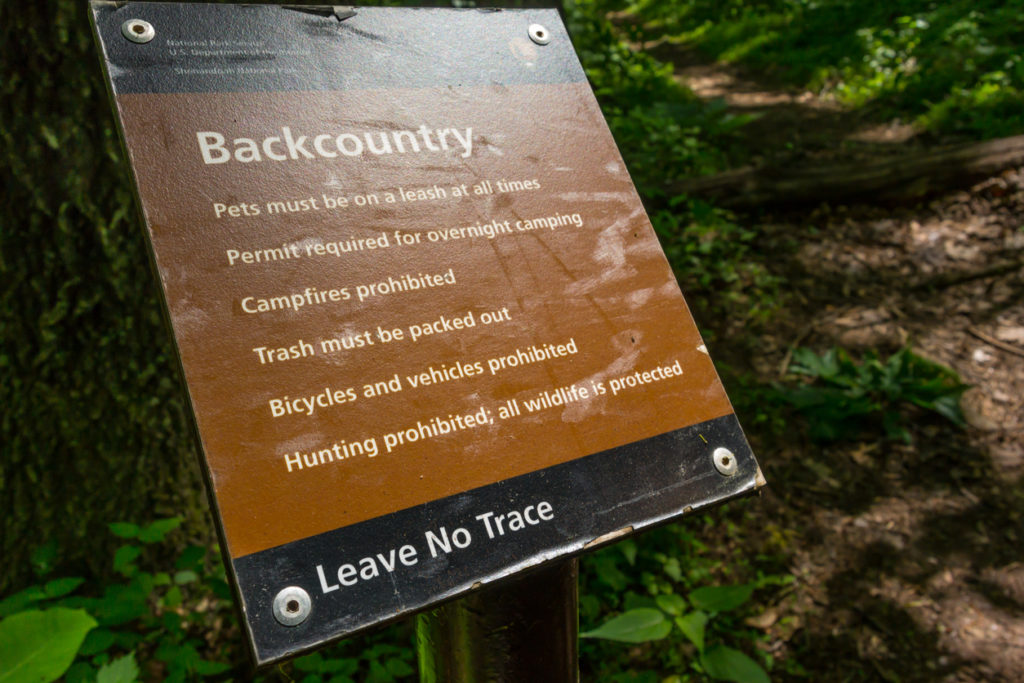
Photo Credit: kellyvandellen (iStock).
2. The high altitude can have serious side effects.
The place you’re coming from probably has a lower elevation than Colorado, so there’s a good chance you’re not aware of how high-altitude environments can impact the body. There’s this thing called ‘altitude sickness‘ and it can result in symptoms that range from nausea to death. Generally, symptoms are on the less-severe end of that spectrum, but if you don’t take the proper precautions, they’ve got a good chance of ruining your trip. Be aware of symptoms like fatigue, loss of appetite, and headaches, as these can be early indicators that the altitude might be impacting your health. A few prevention tips include staying hydrated, avoiding a rapid ascent into altitude, and staying away from alcohol for the first day or so of your visit. It’s all about letting your body adjust. Here’s a full guide about things that you should know related to altitude sickness.
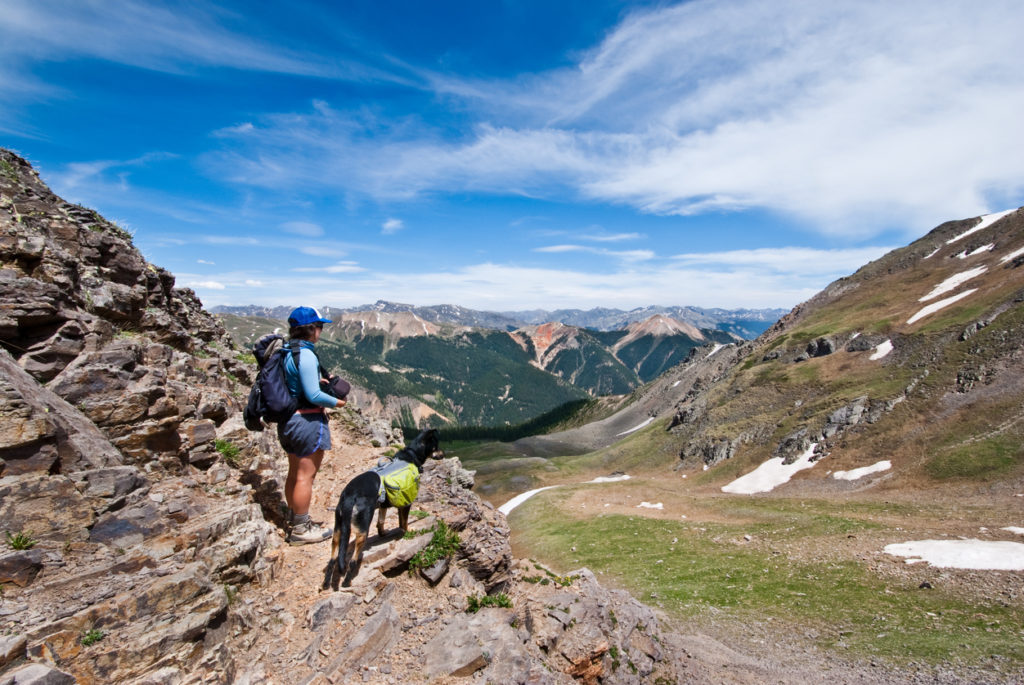
Photo Credit: JeffGoulden (iStock).
3. If you’re buying marijuana, know the laws (and follow them).
Yes, there are shops that sell marijuana in Colorado. You already know that. However, if you plan on partaking, there are also some rules you need to know. Many of the laws reflect those for alcohol sale and consumption, including a 21+ policy for recreational marijuana sales and possession, a ban on driving while high, and a ban on consumption in public. It’s also illegal to transport marijuana out of the state…duh…either by post or on person as marijuana is still illegal on a federal level. This limiting legal status also means that marijuana is strictly prohibited on federal land including National Parks, National Forests, national monuments and places like courthouses, with possession carrying a potential penalty of a year in jail and a fine of $1,000. Keep in mind that most ski resort terrain is on federal land. One report estimates that around 20 people a month get cited for this. Basically, if you’re going to consume marijuana in Colorado, follow the rules and be considerate. Here’s a more in-depth list of laws and regulations.
4. Wildfires are a serious issue.
Did you know Colorado is super dry? In fact, many parts of the state have a desert climate, even those at high-altitude. That’s why your nose might start bleeding the first few days you’re here. That’s not the only side effect of the dryness though. Each year, huge parts of the state are decimated by wildfires that can burn thousands of acres over the course of a few hours. Some fires start naturally and serve a real purpose, but many are caused by humans. Know the guidelines for preventing wildfire, a few of which include: follow the local fire bans, don’t burn in windy conditions, don’t toss your cigarette butts, and never leave a fire unattended. That’s not all though, click here for more tips. Curious if there’s a fire ban where you’re headed? Check that here, but note that quickly changing factors might cause updates to this report to lag behind the actual status.
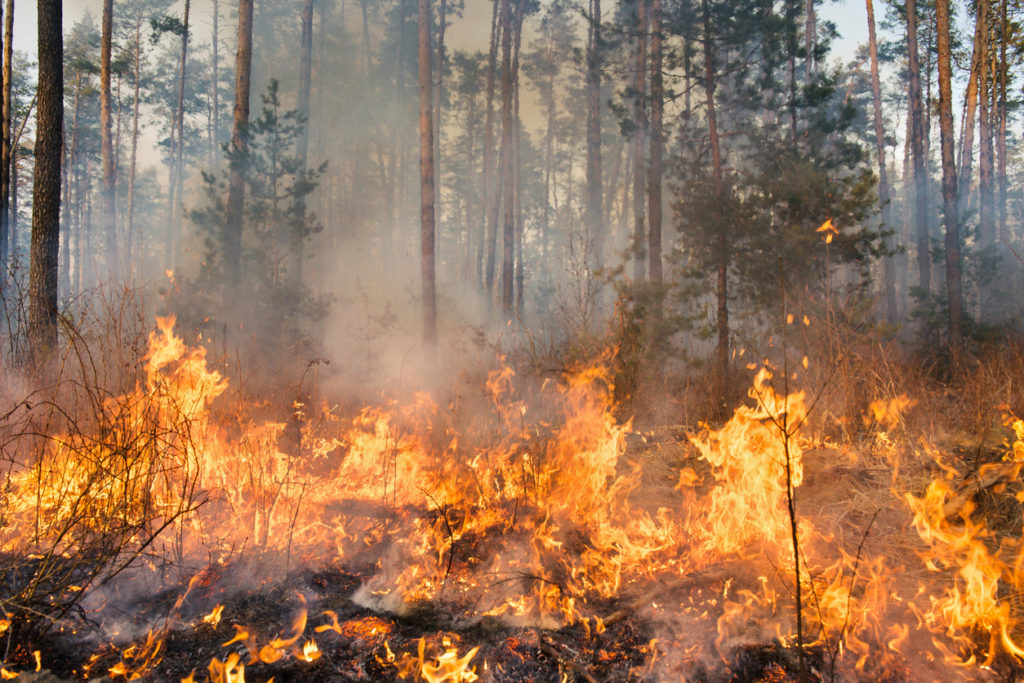
Photo Credit: Gilitukha (iStock).
5. Roads close down.
In Colorado, highway cut through mountains filled with traffic traveling at 70 miles per hour or more. Couple the winding nature of these routes with winter weather and you’ve got a recipe for disaster. As a result, a lot of mountain roads will close down when conditions get bad, and it’s not just limited to low-traffic mountain passes. While some shutdowns might only last a few hours, others will last entire weekends. Account for this while traveling and always plan ahead. It’s also not a bad idea to pack your car with winter essentials, just in case you get stuck in traffic somewhere. Not familiar with snow driving? It’s probably best to avoid snowy mountain roads. If you insist on driving yourself around, here’s a list of basic guidelines that can give you a quick tutorial. Do keep in mind that the consequences of driving in winter conditions while inexperienced or careless are very real in the Centennial State.
6. Weather here is unpredictable.
Yes, we know, the weather is unpredictable where you’re from, too. It’s unpredictable everywhere. It’s weather. However, the unpredictable weather in Colorado can have some very serious implications. From driving to hiking, lack of preparedness and lack of awareness with regards to the weather can result in serious injury or death. If you’re driving somewhere, especially during the winter months, be aware of what weather you’ll encounter on the route. In mountain terrain, blue skies can go to intense storms in a matter of minutes. Always pack as if you might get stuck somewhere. Additionally, it’s extremely important to watch the weather while you’re hiking. If storm clouds are rolling in, turn back. No view is worth getting struck by lightning. The general rule of thumb is to be below tree line by noon, especially during the summer. After this, massive storms roll in and if you’re still above tree line, you’re basically a lightning rod.
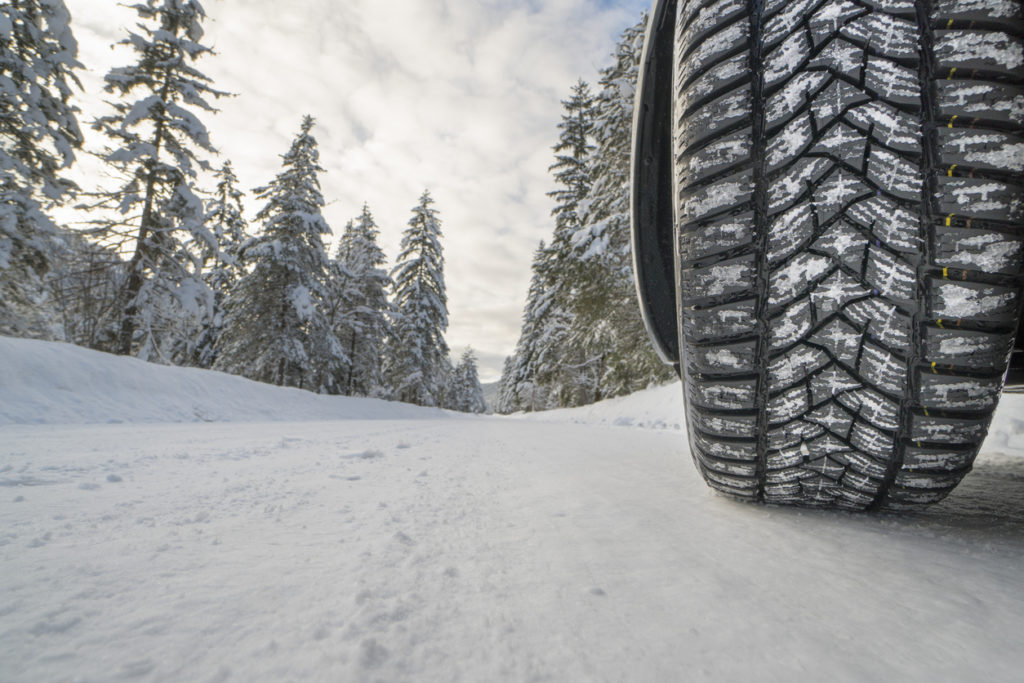
Photo Credit: filmfoto (iStock).
Colorado is a beautiful place, but it can also be very dangerous. Be smart during your visit and follow the rules while you’re exploring the great outdoors. Many of them are made to protect you, but many others are made to protect our natural resources. Treat Colorado with respect and you’ll have a much better visit.

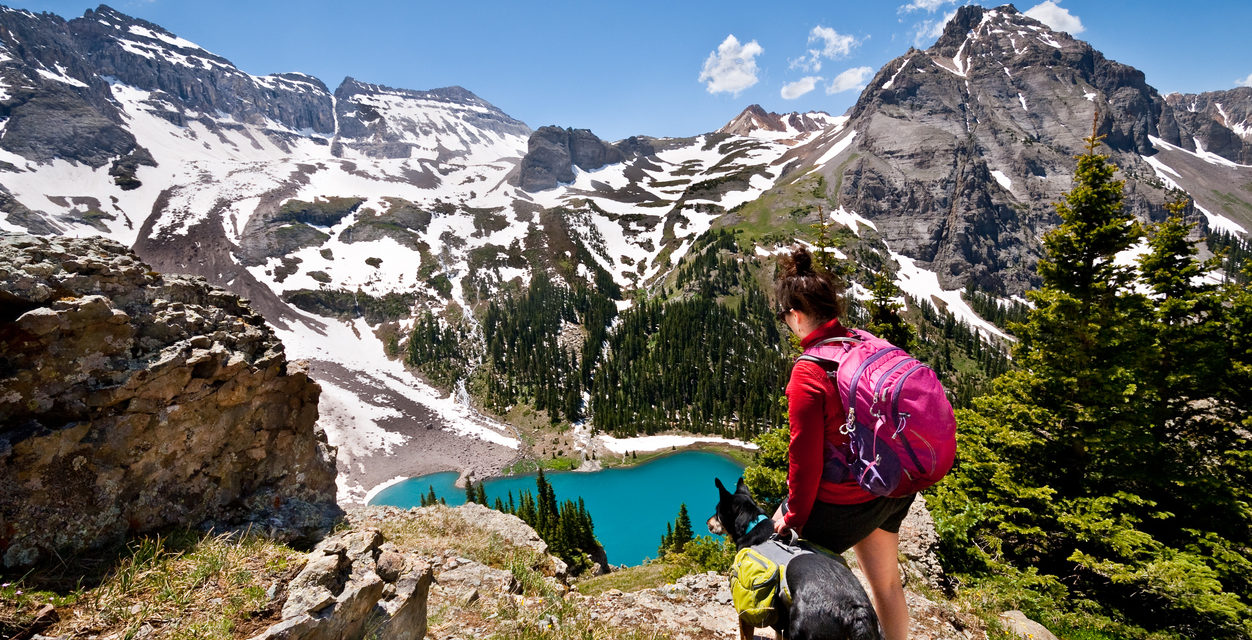 Photo Credit: JeffGoulden (iStock).
Photo Credit: JeffGoulden (iStock). 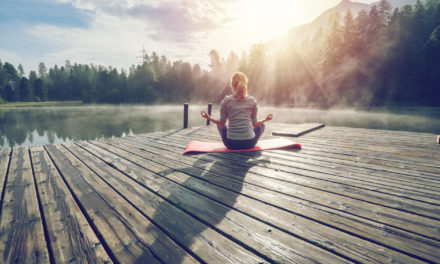


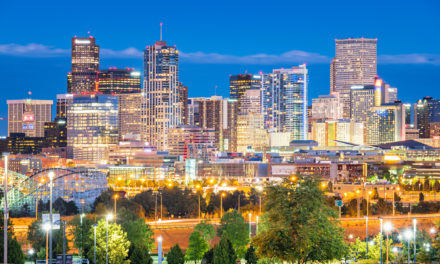
Comment on: Visiting Colorado: 6 Things You (Actually) Need to Know